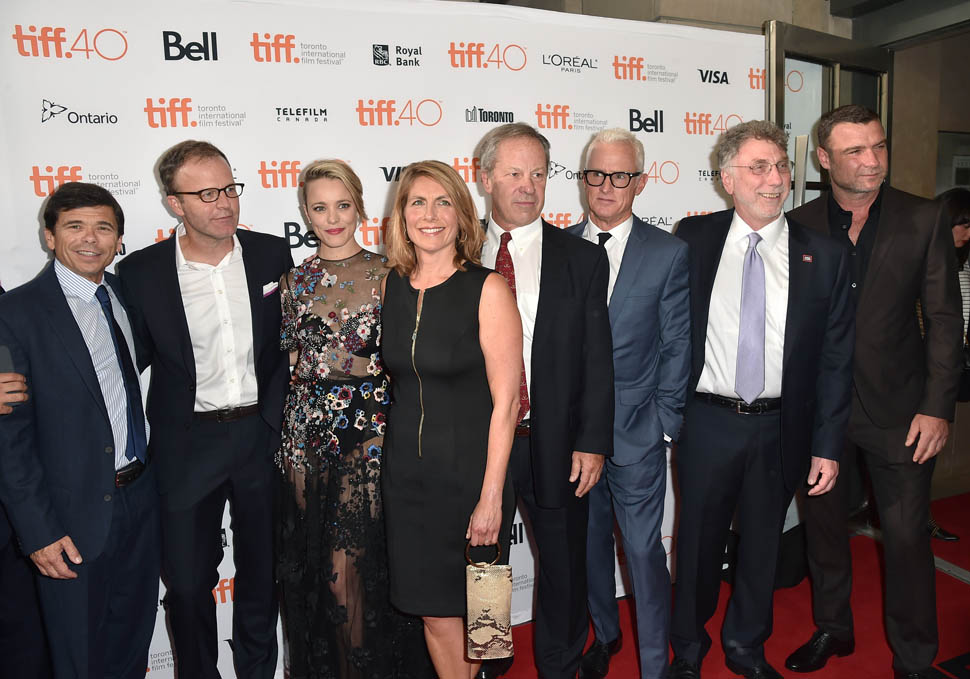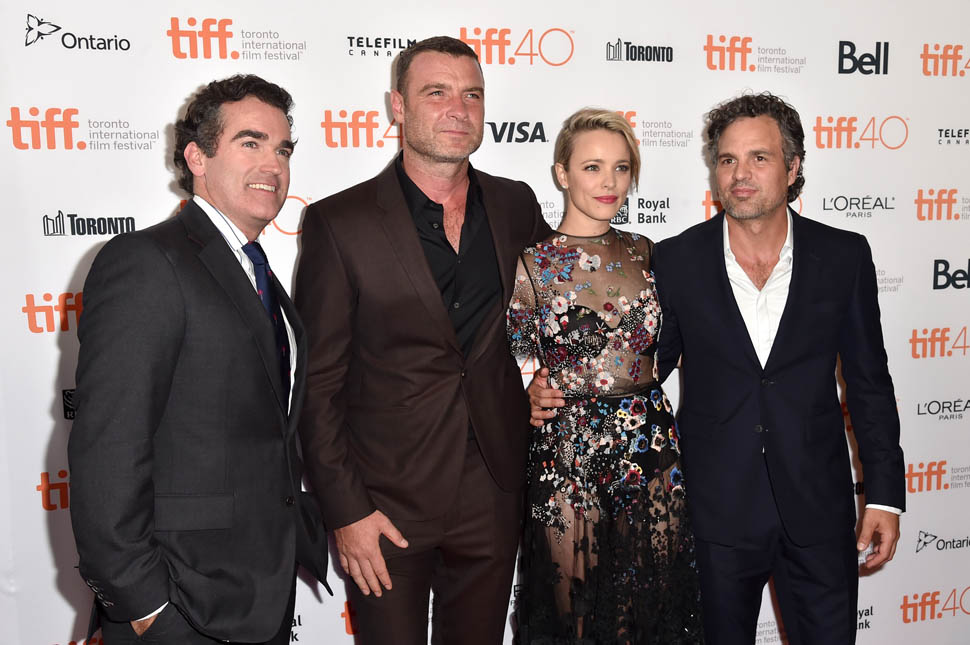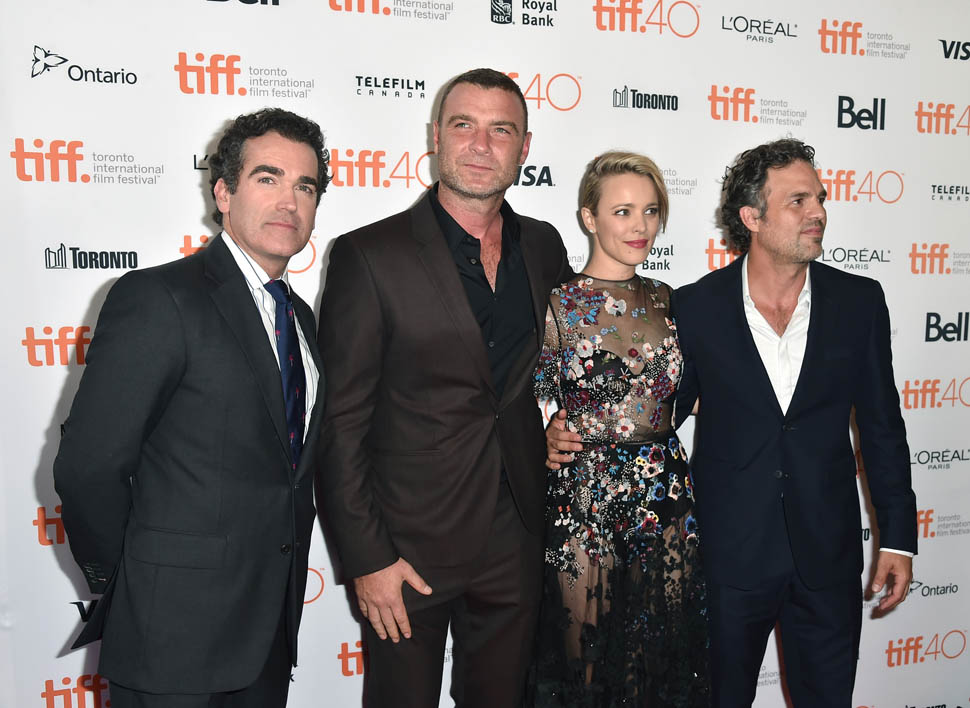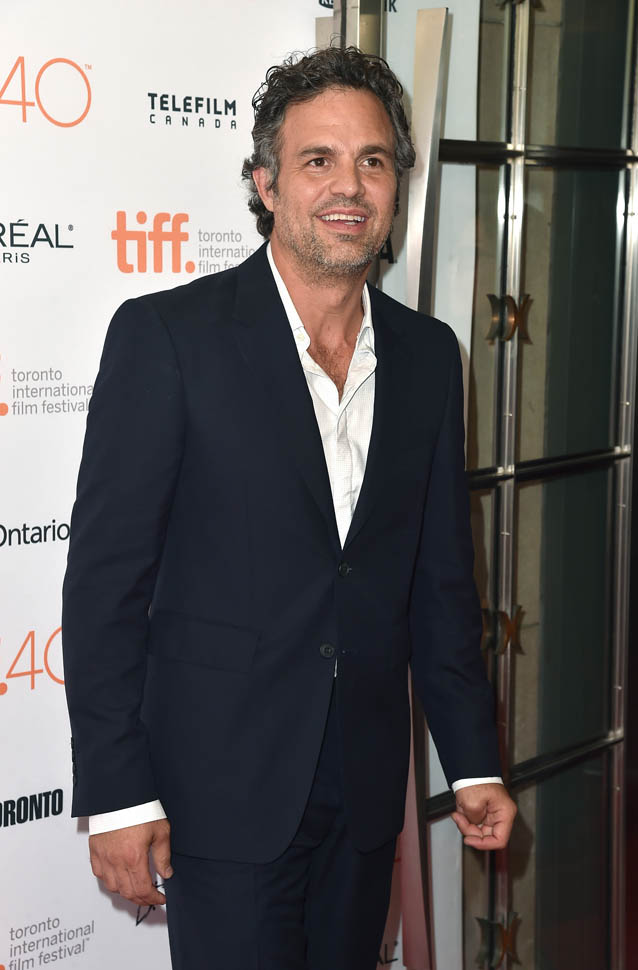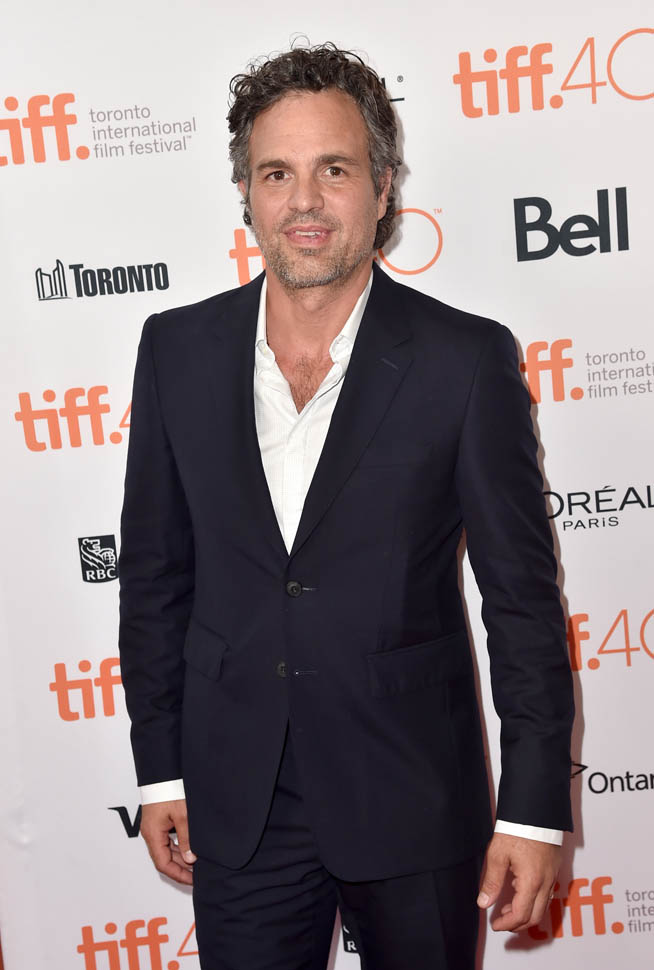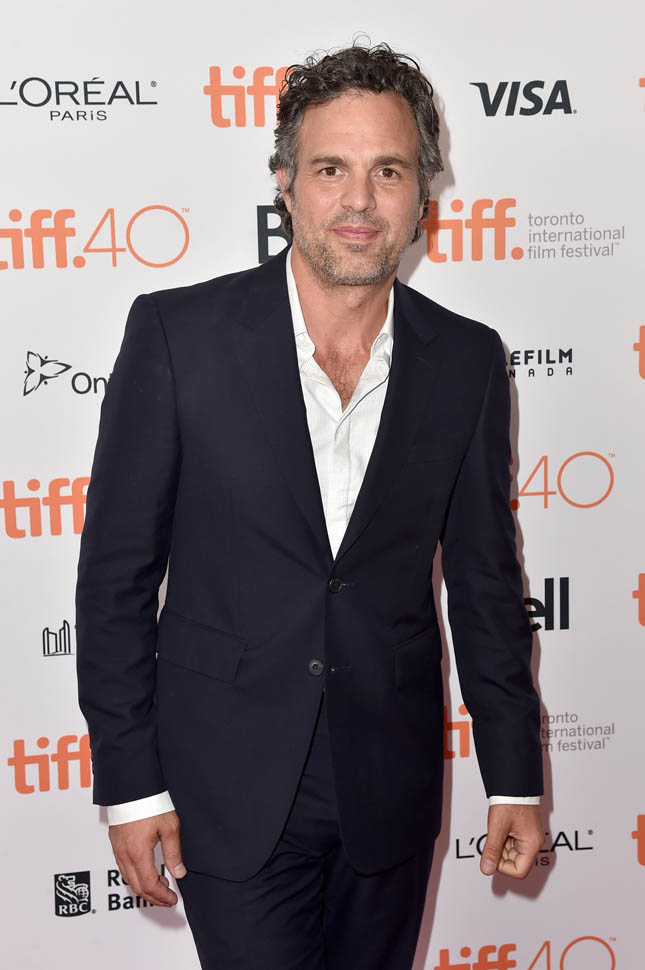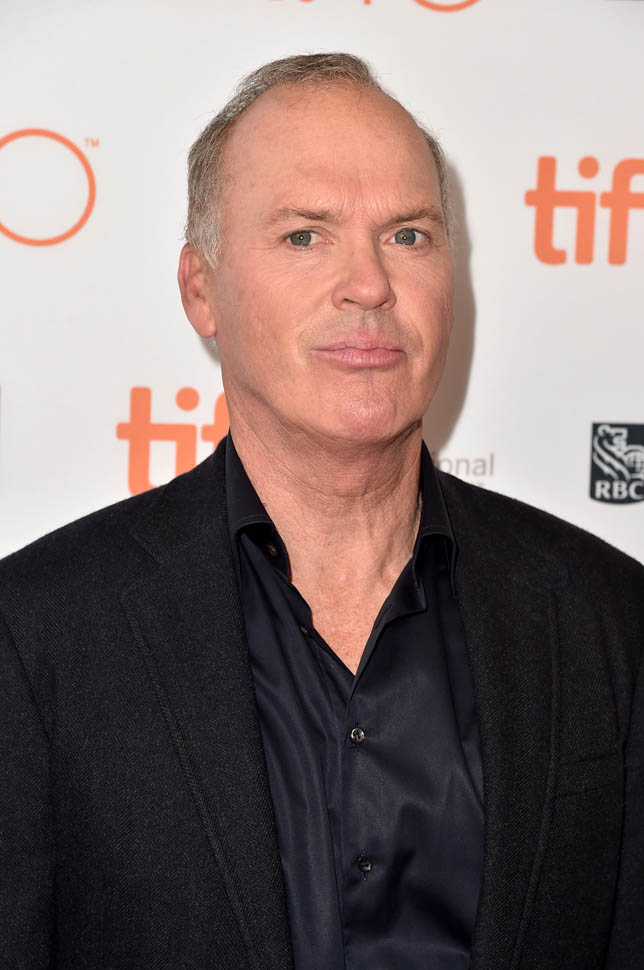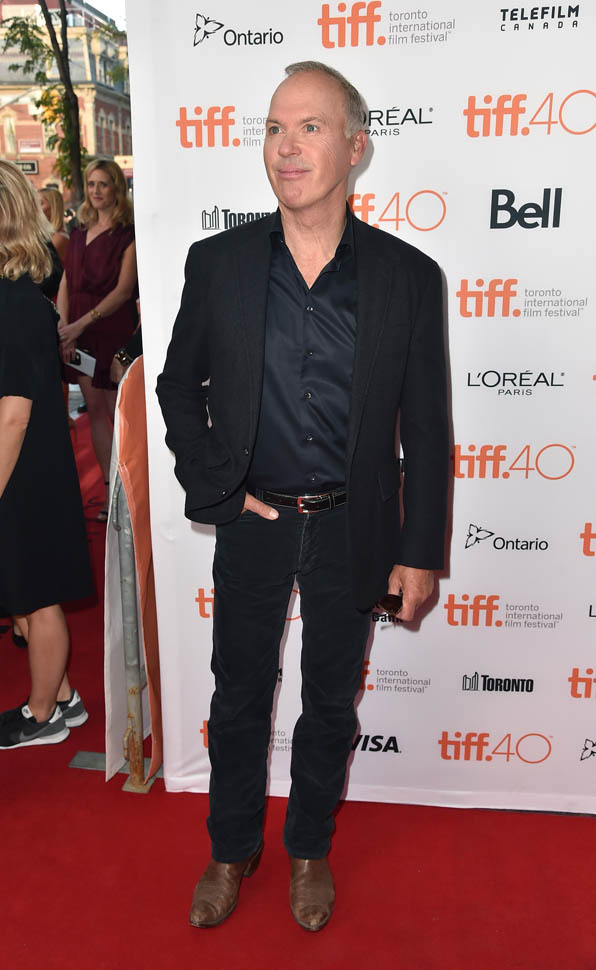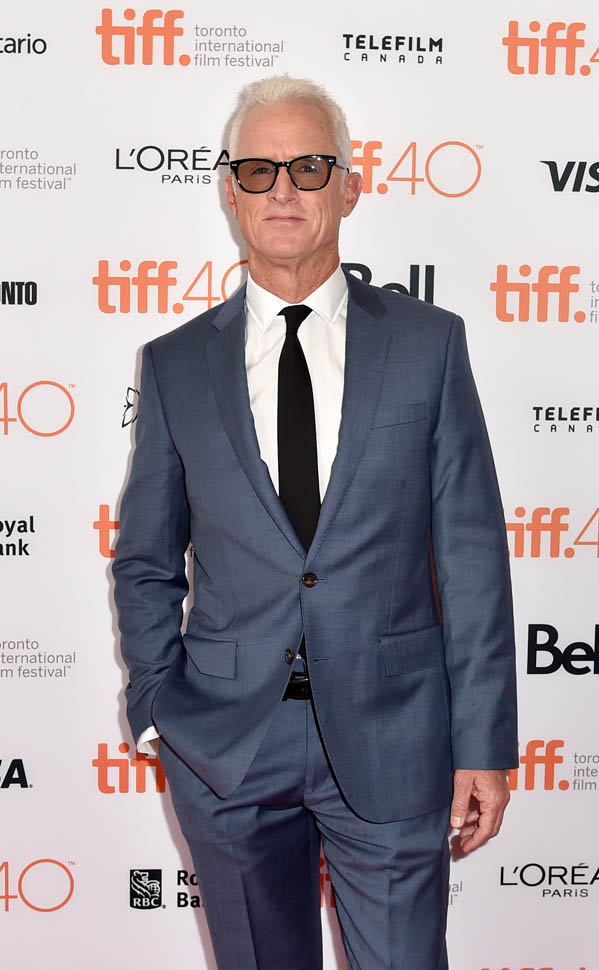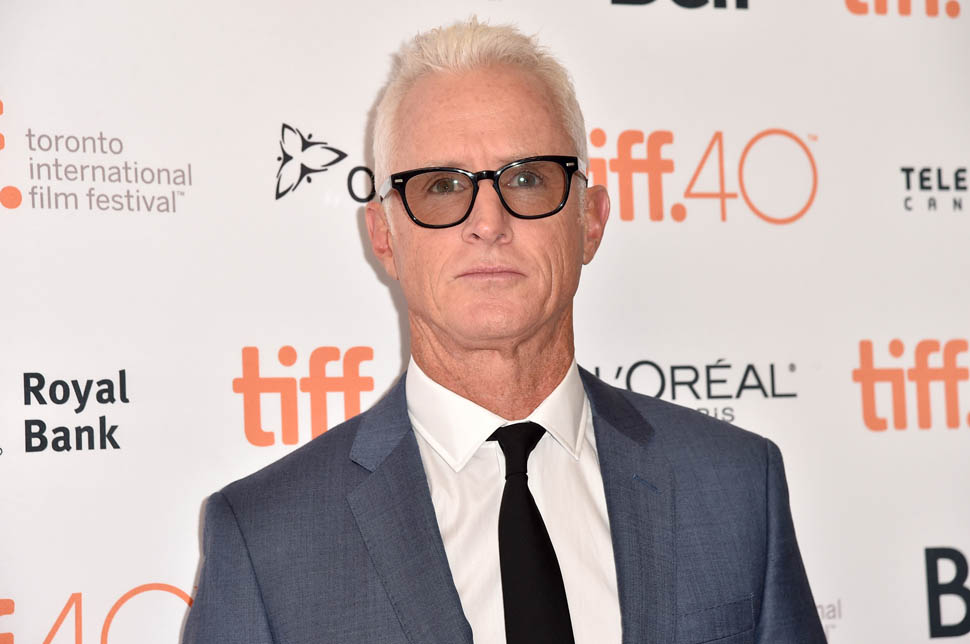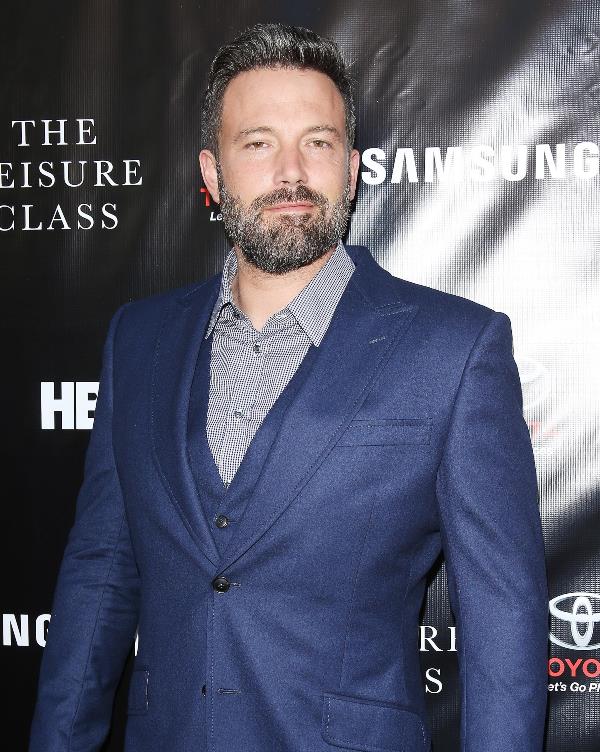TIFF Review: Spotlight


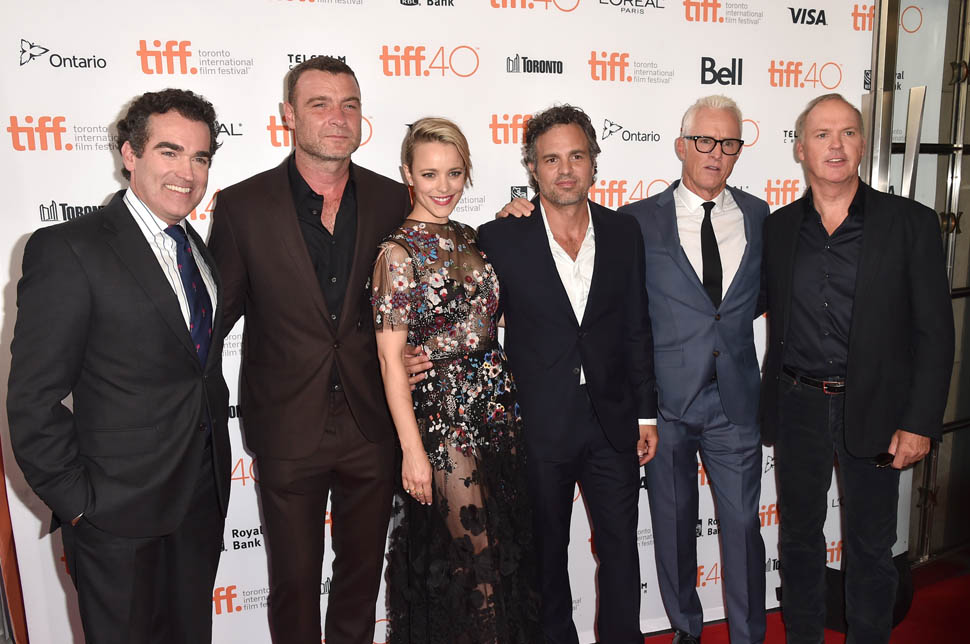
Hands down the best movie I’ve seen at TIFF, Spotlight is a phenomenal film, absolutely pitch perfect from start to finish. This could be my whole review—this film is flawless and if it doesn’t affect you, then you are a monster. It will break your heart. It will make you so, SO angry. It will make you viciously glad that the Catholic Church and those who participated in the systemic cover-up of widespread child abuse will have their noses rubbed in their dirt once more as the movie is sure to draw a lot of attention during award season. It will also remind you that the mark of a good film is simply a well-told story, and the power of a great film is that it makes you examine something you thought you knew in a new way. Spotlight is engaging. Spotlight is thrilling. Spotlight is haunting.
Centered on the team of investigative reporters at the Boston Globe who broke the story of the Catholic sex abuse scandal in 2002, Spotlight is a meticulously crafted procedural in the vein of All the President’s Men. The film is squarely focused on the reporters and editors who put together the story, though each character is shaded in enough to humanize them. Michael Keaton stars as editor Walter “Robby” Robinson, head of the Globe’s “spotlight” team responsible for in-depth investigative reporting. His team is made up of Michael Rezendes (Mark Ruffalo), Sacha Pfeiffer (Rachel McAdams), and Matt Carroll (Briand d’Arcy James), with editors Ben Bradlee (John Slattery) and Marty Baron (Liev Schreiber) providing oversight. This is a terrific ensemble, which also includes Billy Crudup and Stanley Tucci, and everyone is great, but Ruffalo is the stand-out as Rezendes. He is utterly convincing as a dogged beat reporter who knows he’s got a huge story in his hands.
What Spotlight does so well is balance the journalistic urgency of the exclusive story against the human tragedy of this scandal. Tension mounts throughout the film until you are on tenterhooks, wondering whether or not the Globe will be scooped once some incriminating documents are made public. September 11th occurred in the middle of the investigation and set it back months as all the paper’s resources were directed to that situation, and you feel their frustration—tragedy does not cancel out tragedy, and they want to finish their work on the sex abuse scandal regardless of what else is happening. But you also see the human cost of the delay—they end up publishing in January 2002 because no one will want to read such a devastating story during Christmas post-9/11. In those few weeks, more kids are molested, a point brought home to Rezendes. In Spotlight, every choice, no matter how humane, has a consequence.
Writer/director Tom McCarthy’s last film was the execrable The Cobbler, a movie I choose to believe he took solely for the paycheck, it’s so out of step with the rest of his work. Spotlight is a return to form, tightly edited and directed with precision. There is no fat on the bone, and not one wasted angle or take in the whole movie. Every cinematic element works to build a wholly believable world, from the cluttered, unglamorous newsroom to the score by Howard Shore, to the way churches loom over everything throughout Boston, a constant, oppressive reminder of the closed society that made such long-term abuse possible. But Spotlight doesn’t go any harder than it has to, because the facts themselves are stark and appalling. Even knowing the story—this is recent history, it’s not like we’ve forgotten—it’s upsetting all over again to watch it unfold from the perspective of the people who put it together.
The most effective element in Spotlight is watching these seasoned, hardened investigators buckling under the horror as the case grows bigger and the investigation widens from four priests to thirteen, to twenty, to ninety. Their disbelief becomes ours—how? HOW? Spotlight lays it out, outlining a culture of secrecy and lack of transparency that encouraged cover-up, and a community that privileged an institution over actual people. Spotlight is a deeply affecting film, and a stark reminder of what happens when you care about an organization more than people.
(Lainey: as I said to Sarah after I saw it a few weeks ago, if you think Going Clear was raw, Spotlight is next level.)

